This briefing provides a pre-legislative synthesis of the positions of national, regional and local governmental organisations on the European Commission’s forthcoming initiative on carbon removal certification. It forms part of an EPRS series offering a summary of the pre-legislative state of-play and advance consultation on a range of key Commission priorities during its 5-year term in office. It seeks to present the current state of affairs, examine how existing policy is working on the ground, and identify best practice and ideas for the future on the part of governmental organisations at all levels of the European system of multilevel governance. EPRS analysis of the positions of partner organisations at European Union (EU), national, regional and local levels suggests that the following main considerations should be reflected in the discussion on the European initiative on the certification of carbon removals. * Carbon removal projects in the EU regions relate chiefly to agriculture, forestry and land use. Projects involving geological reservoirs or other means of carbon storage in materials used to make sustainable circular products are less frequent and tend to be located mostly in north-western EU regions. There is a considerable lack of knowledge on the implementation of carbon removal projects that is very much related to a lack of EU measurement, reporting and verification (MRV) methods. A commonly accepted EU carbon removals certification system could further facilitate the development of carbon removal projects. * There is a broad consensus that the details of certification of carbon removals need to be addressed. Various national and regional authorities have come up with their own MRV techniques that can be used as a point of reference. Evidence collected from targeted questionnaires offers an overview of various problems and issues on the topic of carbon removal certification that require further reflection and action. * There are technical and scientific questions that need to be addressed so that MRV methods can be further consolidated. Certification questions relate to the suitability of carbon removals in nature and industry, specific regional characteristics and the incentives that should be used, as well as the mechanisms for measuring carbon dioxide (CO2) that is offset. In addition, the duration of storage for each project and the setup of minimum quality requirements for carbon removals need to be discussed. It is also important that carbon removal projects do not have a negative environmental impact (such as carbon leakages). * The EU can play a vital role in developing the certification process and providing knowledge and funding opportunities for interested parties who would like to further engage with carbon removal projects.
Artigo publicado originalmente em Parlamento Europeu.



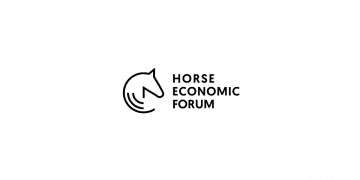
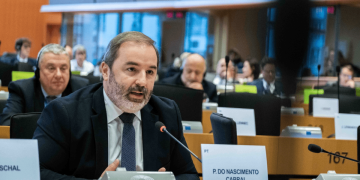
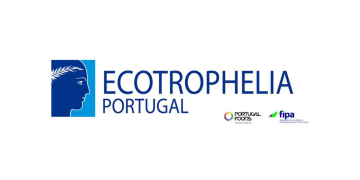
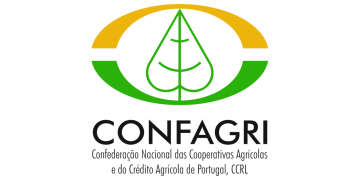














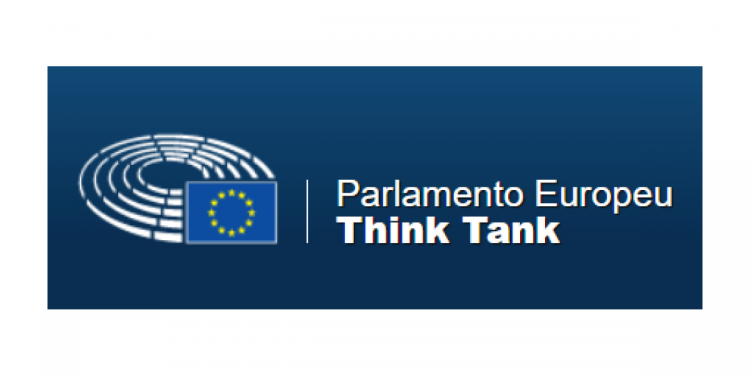
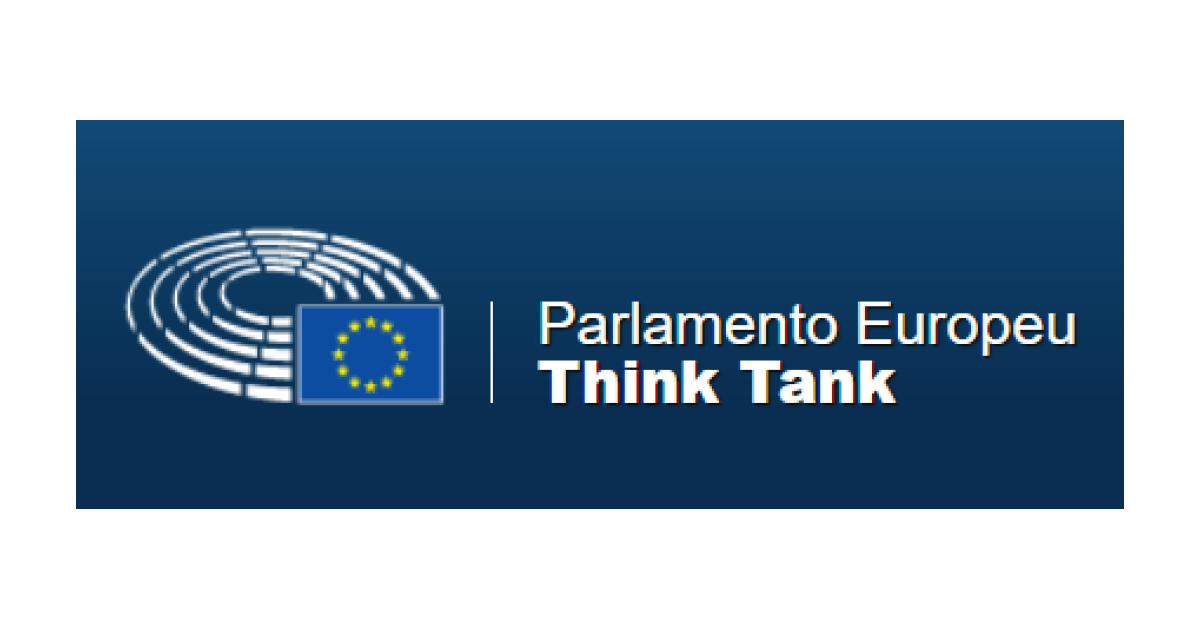

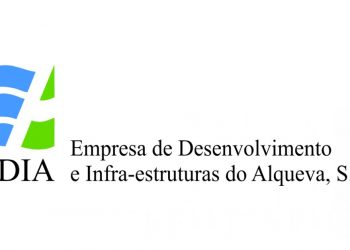































Discussão sobre este post